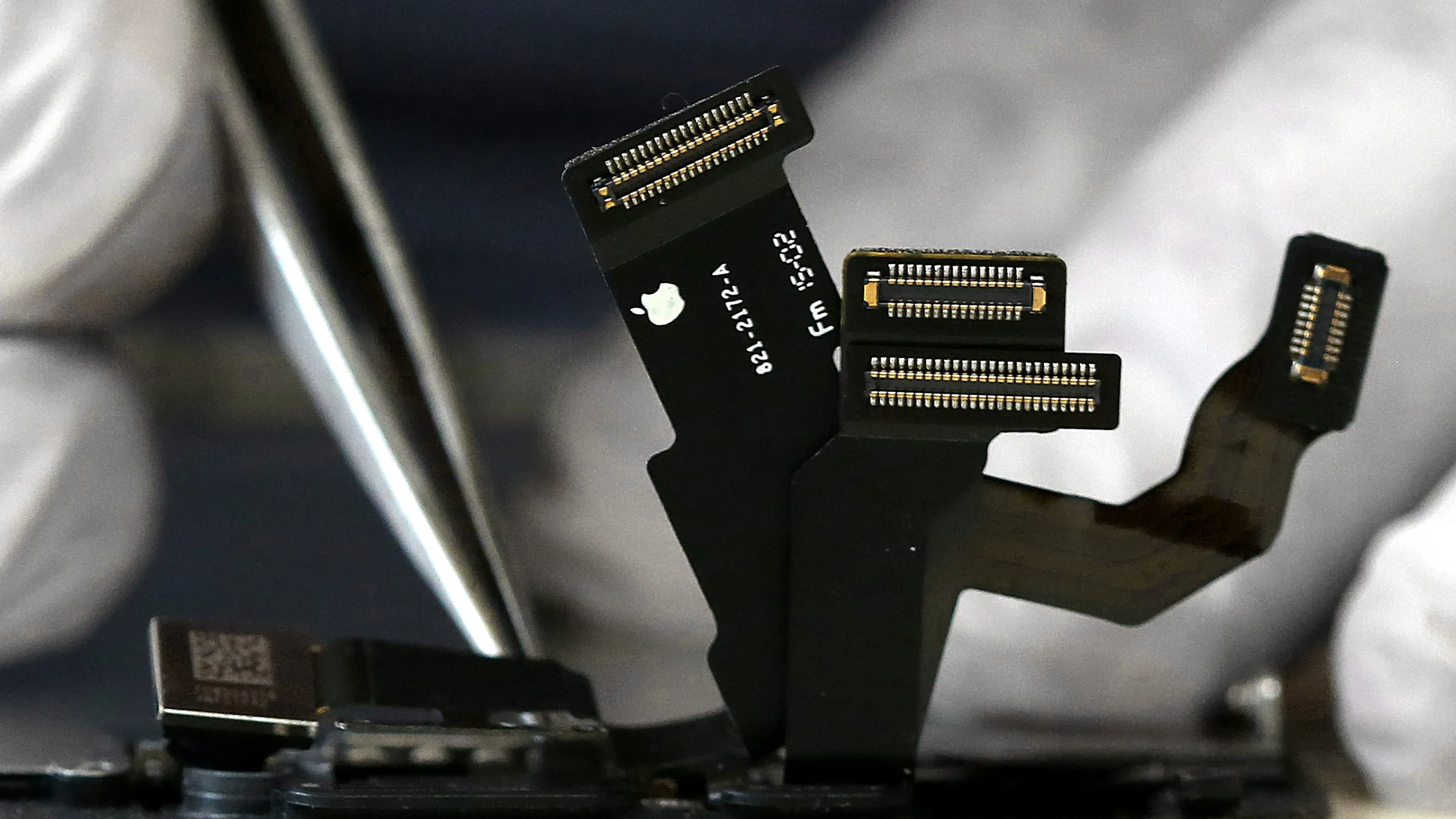
In a significant stride toward consumer rights, Oregon has taken a monumental step by enacting its Right to Repair bill into law. Notably, this legislation includes a groundbreaking provision absent in similar measures elsewhere: the prohibition of parts pairing, a practice that blocks hardware replacements through software checks.
Signed into law by Governor Tina Kotek, the bill is set to come into effect in 2025, with retrospective application to hardware dating as far back as 2015. Remarkably, amidst a politically polarized climate, the bill garnered bipartisan support, with the state House of Representatives passing it by a resounding 42-13 and the Senate by 25-5. Governor Kotek hailed the law as a victory for consumers and a boon for small businesses across the state.
Spanning seven pages, SB 1596 (PDF link) encompasses key Right to Repair provisions, mandating manufacturers to provide repair documentation and tools, ensuring the availability of replacement parts for sale, and prohibiting the obstruction of third-party parts functionality. However, it’s the inclusion of the “parts pairing” prohibition that has advocacy groups like iFixit buzzing with excitement.
Parts pairing, a tactic employed by manufacturers, utilizes software checks to identify specific parts and block those not approved. For instance, an iPhone equipped with a Samsung OEM screen may be subjected to a software check that only permits the functioning of Apple-approved components.
Oregon’s groundbreaking legislation outlaws the use of parts pairing checks to impede the functionality of third-party parts, effectively leveling the playing field for independent repair providers. Additionally, the law prohibits the dissemination of unnecessary or misleading alerts about unidentified parts—a common grievance among iPhone users. Notably, Apple has voiced opposition to the bill, particularly its stance on parts pairing.
With this legislation, Oregon surpasses other states in championing Right to Repair principles, setting a precedent for consumer protection. While federal efforts through the REPAIR Act are underway, Oregon’s proactive stance underscores the urgency of extending Right to Repair provisions to all consumer electronics.




